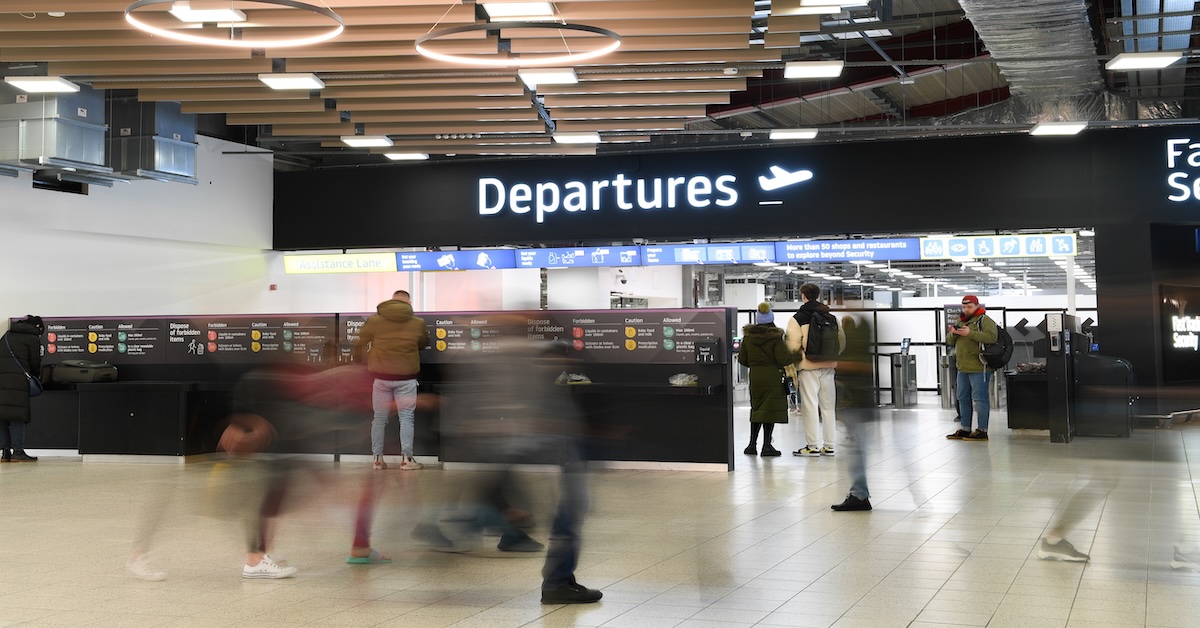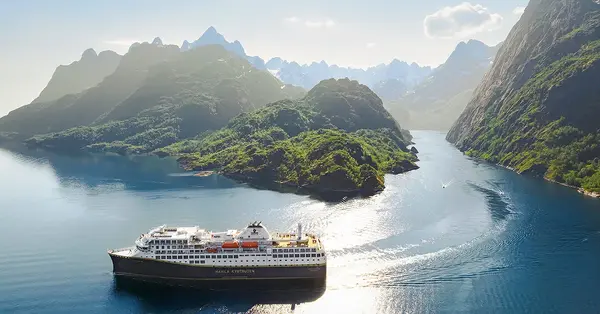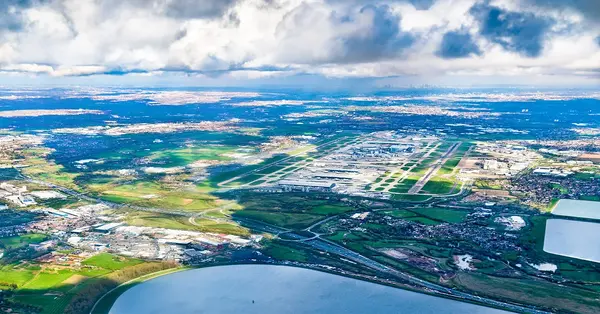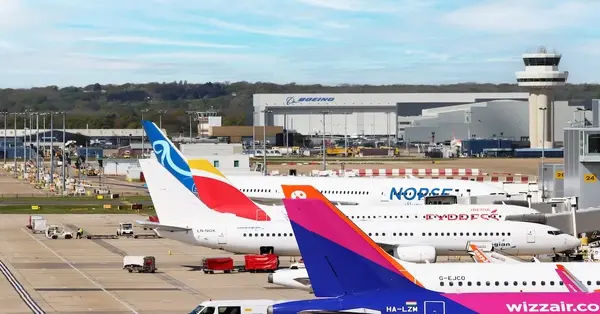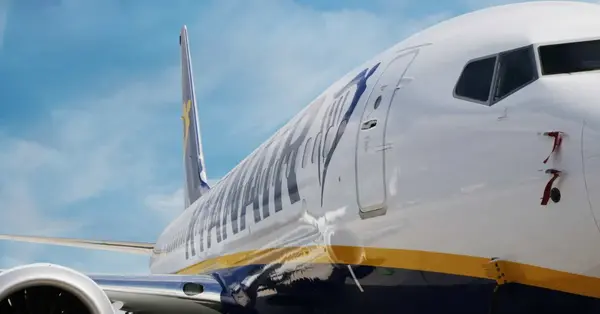Clouds continue to cast shadow over European tourism recovery
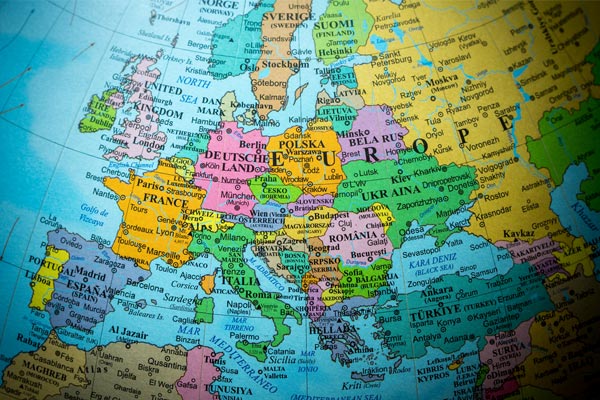
Inflationary pressures and geopolitical uncertainties remain “significant concerns” for the European tourism industry despite arrivals exceeding pre-pandemic 2019 levels in the first quarter, latest data shows.
The war in Ukraine continues to impact tourism flows, particularly in central and eastern Europe.
Meanwhile, the Gaza conflict is badly affecting travel from Israel to Europe, with arrivals down 54% on the same period last year.
The biggest challenges for tourism industry professionals are seen to be accommodation costs (59%), business costs (52%) and staff shortages (52%), according to the European Travel Commission.
However, foreign arrivals (up 7.2%) and overnights (up 6.5%) in the first quarter of the year surpassed 2019 figures.
This continues an upward trend seen in 2023, which recorded arrivals 1.2% under 2019 levels, and nights just 0.2% below.
Travel remains a top priority in 2024 with both intra-European and long-haul tourist spending increasing in early 2024.
Forecasts indicate that travellers will spend €742.8 billion in Europe this year, a 14.3% increase compared to 2023.
This can be attributed to both inflation and evolving travel preferences, with travellers potentially opting for longer stays or more diverse experiences.
Germany, host of the European football championships this summer, will be a main source of traveller expenditure, accounting for 16% of total spend in Europe in 2024.
The continuing recovery seen by the ETC is largely driven by strong intra-regional travel fuelled by Germany, France, Italy and the Netherlands, coupled with demand from the US, which continues to be Europe’s most important long-haul source market, the ETC’s latest trends report said.
ETC president Miguel Sanz said: “The early figures for 2024 reveal a positive outlook for European tourism this year.
“Consumer travel spending is set to rise notably across Europe, hitting record numbers in the coming months.
“This boost will support the travel and tourism businesses heavily impacted by the pandemic years and ongoing economic instability.
“Still, high prices and geopolitical risks remain key hurdles for tourism, as the sector as a whole also strives to adopt more responsible practices to benefit the locals and preserve the environment.”
Destinations in southern Europe, offering competitively priced holiday experiences, often combined with milder winter temperatures, are leading the recovery in international visitor numbers compared to 2019 levels, including Serbia (up 47%), Bulgaria (up 39%), Turkey (up 35%), Malta (up 35%), Portugal (up 17%) and Spain (up 14%).
Nordic countries are also witnessing an uptake in tourist activity, as overnight stays grew above pre-pandemic levels. The increase is particularly evident for Norway (up 18%), Sweden (up 12%) and Denmark (up 9%), with interest is partially driven by winter sports and the allure of the Northern Lights.
But countries in the Baltic region continue to lag behind due to challenges caused by the war in Ukraine, with Latvia registering the lowest post-pandemic international arrivals (down 34%), followed by Estonia (down 15%) and Lithuania (down 14%).
You have viewed both of your 2 free articles this month as an unregistered user
To continue reading, please register with Travel Weekly free of charge, or if you have already registered click here to login



